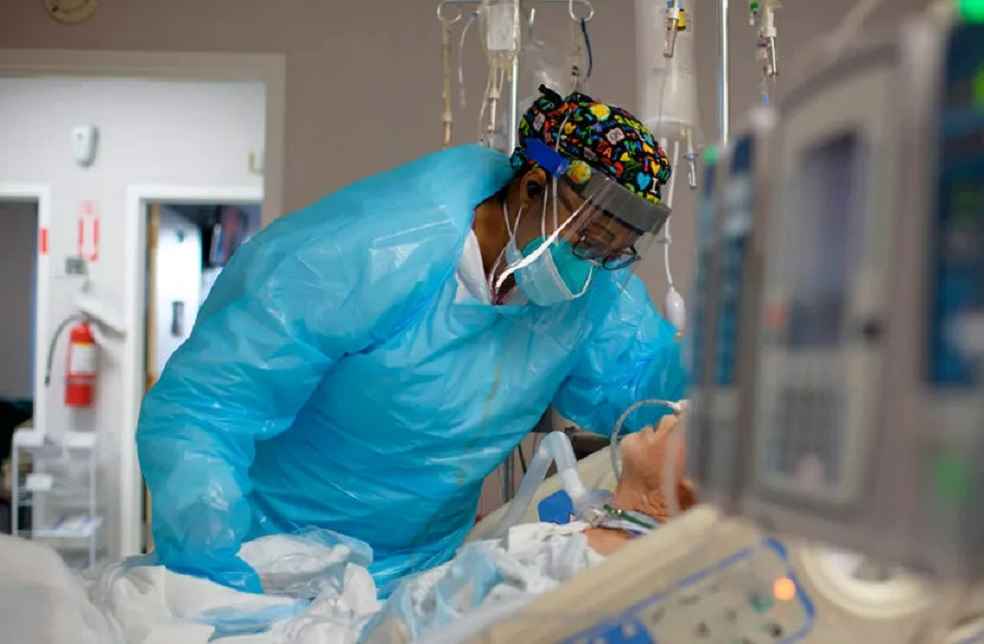United Kingdom: A recent study from Harvard Medical School reveals that an artificial intelligence (AI) tool has the potential to assist neurosurgeons in treating brain tumors, specifically gliomas, which are the most common type of brain tumor among cancer patients. Gliomas, including an aggressive form responsible for the deaths of individuals like Beau Biden and Senator John McCain, have long posed challenges for researchers and doctors.
The research team, led by Professor Kun-Hsing Yu, emphasizes the need for different surgical approaches based on the type of glioma. Currently, surgeons face difficulties obtaining crucial information about the tumor until the patient is on the operating table, jeopardizing the delicate task of removing the tumor while preserving surrounding brain tissue.

Traditionally, pathologists provide real-time feedback by analyzing a tissue sample during surgery, but this process has limitations and potential errors due to time constraints and suboptimal sample quality. To address this, the study explores the application of machine learning, a branch of AI, to expedite and enhance glioma analysis.
Machine learning algorithms can learn patterns without explicit programming, enabling faster and more accurate analysis of gliomas. By reducing the time required for analysis, patients can spend less time in the operating room. Neurosurgeon Dr. Dan Cahill of Massachusetts General Hospital praises the impressive accuracy of the new tool, surpassing traditional techniques for analyzing the molecular makeup of gliomas.

Moreover, machine learning can also aid doctors in utilizing other breakthroughs in brain cancer treatment. For instance, determining the invasiveness of a tumor in the operating room can help doctors make swift decisions about injecting tumor-killing drugs directly into the brain.
The potential benefits of incorporating machine learning into neurosurgery extend beyond improving surgical precision to shaping treatment strategies. As research in this field progresses, it holds promise for enhancing the outcomes of brain tumor surgeries and optimizing personalized approaches for each patient.



